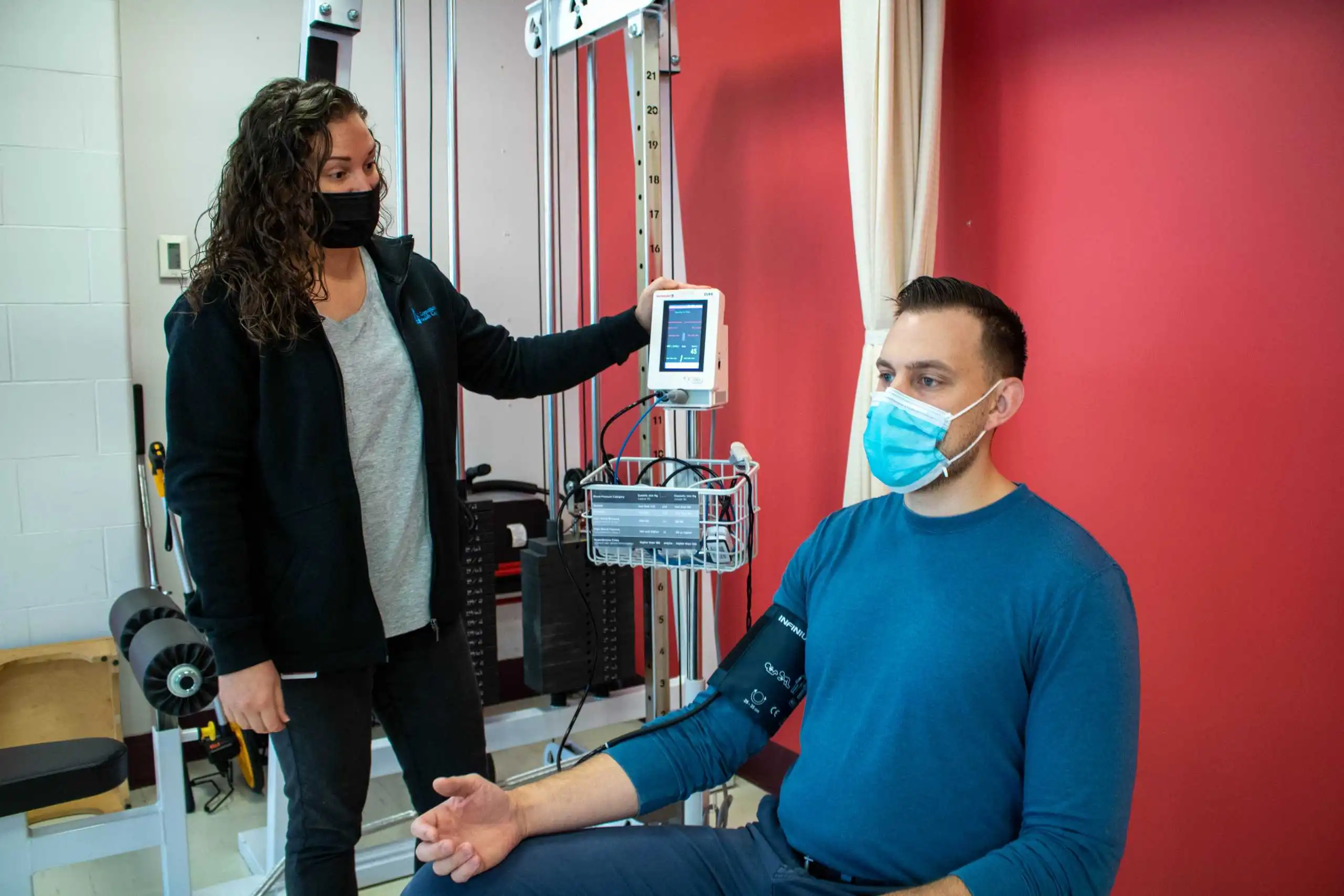 716-483-2344
716-483-2344 Jamestown, NY
Jamestown, NY-
Make a Donation
-
Become a Member

Filling the Gap, Inc., has announced its 2021 grants, awarding $81,277 to support people with disabilities.
Filling the Gap is a Jamestown-based not-for-profit that works with The Resource Center and other organizations to support Chautauqua County residents who are poor, distressed and underprivileged, especially people with disabilities. Each year, Filling the Gap solicits grant requests from TRC and other organizations within the Filling the Gap network.
This year’s funding requests totaled $242,503. Filling the Gap’s grants committee studied the requests and recommended which ones to fund, and FTG’s board of directors agreed with the committee’s recommendations. Some requests were denied because other funding sources are available.
With the amount awarded this year, Filling the Gap has now given out $1,531,695 in grants since 1995. This year’s awards are as follows:
In addition, Filling the Gap’s board approved a request from The Resource Center to direct the proceeds from this year’s TRC Golf Classic (about $44,000) toward the purchase and installation of overhead lift systems at two TRC homes.
Filling the Gap officials are proud they could provide money to support a variety of initiatives.
“Filling the Gap is happy to continue awarding grants to The Resource Center and the corporations within the FTG network. We were especially glad to be able to fund such a diverse variety of requests this year,” said Cindy Hitchcock, vice president of business and finance.
Most of the money for the grants comes from fund-raising events that Filling the Gap facilitates in partnership with The Resource Center. Proceeds from these events are transferred to the various TRC endowment funds at the Chautauqua Region Community Foundation. The income from these endowment funds is used to fulfill the grant requests.
For more information about Filling the Gap, phone 716-661-1519 or visit www.fillingthegap.net.

Megan Chappel, Occupational Therapist, and Meredith Sheesley, Adaptive Equipment Coordinator, test the pressure mapping system purchased with Filling the Gap grant money. This software allows clinicians to assess and document a patient’s pressure management, posture and comfort needs to develop personalized surface and positioning solutions. It’s primarily used for wheelchair assessments but can also be utilized for instant and accurate interface pressure data for seat, seat and back, bed, feet, or balance. It is also a valuable biofeedback training tool.

Shayna Caine, Speech Therapist, displays materials that assist with treatment for speech-related conditions. The materials, purchased with Filling the Gap grant money, assist in addressing delays in the development of speech and language; improving language, memory and reasoning skills affected by stroke, brain injury or neurodegenerative diseases; and treating articulation disorders that cause the mispronunciation of words and sounds.

Dr. Karli Lucas, Physical Therapist, and Ryan Rice, Physical Therapy Assistant, test the vital signs monitor that was purchased with Filling the Gap grant money. The monitor will facilitate the accurate and efficient assessment of an individual’s response to exercise.

